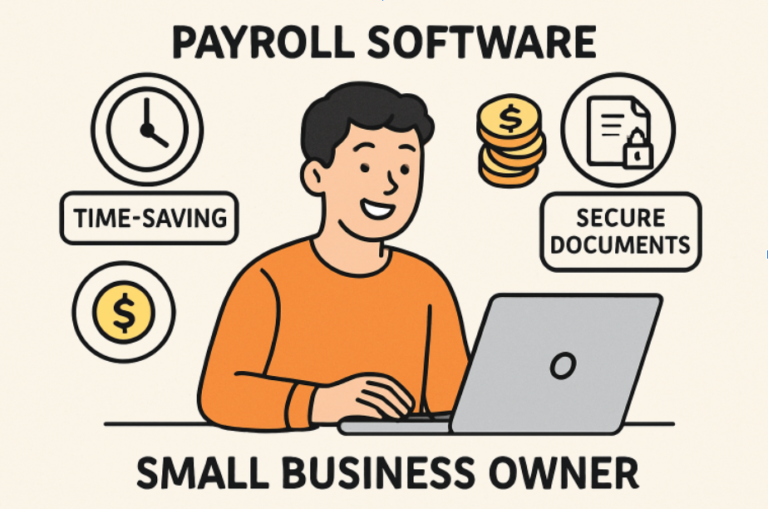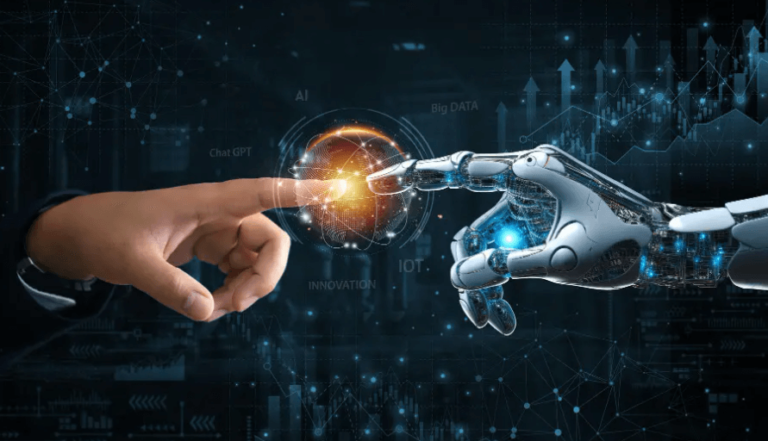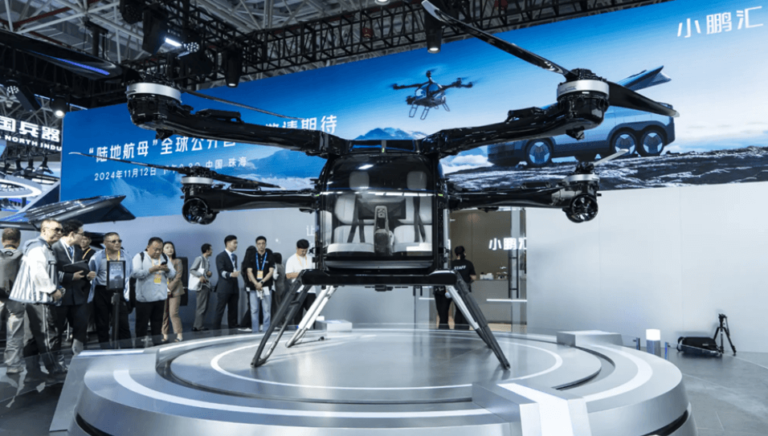Technology in 2025: Trends That Are Shaping the Future
Technology is at the heart of every transformation happening today, influencing how we live, work, and connect. From artificial intelligence (AI) to green technology, new innovations are reshaping industries and economies worldwide. This article highlights the most important technology trends in 2025, their benefits, and their impact on the future.
Artificial Intelligence: The Core of Modern Innovation
Artificial Intelligence (AI) is no longer futuristic—it is integrated into our everyday lives.
- Healthcare: AI assists in early disease detection, personalized treatments, and robotic surgeries.
- Business: Predictive analytics and chatbots help companies improve efficiency and customer service.
- Personal Use: AI powers smart assistants, recommendation systems, and automation in daily life.
By 2030, AI could contribute trillions of dollars to the global economy, making it a game-changer for almost every sector.
Cloud Computing: The Backbone of the Digital Era
Cloud computing has become the foundation of digital operations worldwide.
- Remote Work: Cloud platforms enable real-time collaboration across continents.
- Flexibility: Companies can easily scale storage and computing resources.
- Affordability: Businesses save money by reducing dependence on physical servers.
With hybrid work models becoming the norm, cloud computing remains a powerful driver of global digitalization.
See also: Technology in 2025: Innovations Driving the Future
Internet of Things (IoT): Connecting the World
The Internet of Things (IoT) brings smart connectivity to billions of devices.
- Smart Homes: Devices like voice-controlled lighting, thermostats, and security systems enhance daily living.
- Healthcare: Wearables monitor heart rate, sleep cycles, and overall fitness.
- Smart Cities: IoT sensors reduce energy consumption, improve traffic flow, and enhance safety.
IoT devices are expected to surpass 30 billion by 2030, making them one of the fastest-growing innovations.
Cybersecurity: Protecting Digital Lives
As technology expands, so do the risks of cyberattacks. Cybersecurity has become a top priority for individuals and organizations.
- AI-Driven Security: Machine learning detects threats in real time.
- Data Protection: Encryption and compliance standards safeguard sensitive information.
- User Responsibility: Strong passwords and multi-factor authentication reduce risks.
With cybercrime costing businesses billions each year, cybersecurity remains a cornerstone of the digital revolution.
5G Networks: Revolutionizing Communication
The expansion of 5G technology is changing the way we connect.
- Faster Internet: Ultra-high speeds support streaming, gaming, and virtual reality.
- Low Latency: Crucial for autonomous vehicles, telemedicine, and advanced robotics.
- Industrial Benefits: Factories use 5G for smart automation and real-time monitoring.
5G is more than just faster internet—it is the infrastructure for next-generation innovations.
Blockchain: Beyond Cryptocurrency
Blockchain is often linked to Bitcoin and Ethereum, but its applications are far wider.
- Finance: Enables secure and transparent financial transactions.
- Supply Chain: Tracks products from origin to delivery with accuracy.
- Healthcare: Ensures patient data is stored safely and remains tamper-proof.
As Web3 and decentralized applications grow, blockchain will play a major role in shaping the digital economy.
Green Technology: Driving Sustainability
Sustainability is no longer optional—green technology is essential for the future.
- Renewable Energy: Solar, wind, and hydro power are becoming mainstream.
- Electric Vehicles (EVs): Major automakers are investing in eco-friendly cars.
- Smart Energy Systems: AI-powered grids manage electricity distribution efficiently.
Green technology reduces carbon emissions while opening opportunities for new industries and jobs.
Emerging Technologies to Watch
Some innovations still in their early stages could redefine the future:
- Quantum Computing: Promises to solve complex problems faster than traditional computers.
- Metaverse: Creates immersive spaces for entertainment, learning, and work.
- Biotechnology: Advances in genetic engineering and personalized medicine.
- Artificial General Intelligence (AGI): Machines with near-human intelligence capabilities.
These fields may drive the next wave of global disruption.
Conclusion
Technology in 2025 is not just about convenience—it is about transforming how the world functions. AI, cloud computing, IoT, cybersecurity, 5G, blockchain, and green tech are already creating smarter systems, safer communication, and sustainable growth. At the same time, emerging innovations like quantum computing and biotechnology promise to reshape industries on an even larger scale.
While opportunities are endless, challenges such as data privacy, ethical use of AI, and cyber risks must be carefully managed. For businesses, adopting these tools is key to staying competitive. For individuals, technology offers better healthcare, smarter living, and improved connectivity.




